Log in and enrol
Circular business models fostering sustainable production and consumption
Circular business models fostering sustainable production and consumption
How to make real the transition from linear to circular: key concepts, tools and enablers.
Introduction to the Sustainability series
This MOOC is part of the series on “Sustainability”, which is one of the world’s major challenges of today and tomorrow and requires multidisciplinary competences. The series provides technical knowledge on a variety of topics, such as sustainable building, energy transition, water management and food waste prevention.
Discover all the MOOCs of the “Sustainability” series on Pok4Professionals.
Course description
The course will start with the basic concept of Circular Economy, its definition, core characteristics, and differences with the linear economy. The definition of Circular Economy will then be enriched with the main frameworks for understanding Circular Economy (e.g., the butterfly diagram and the RESOLVE model). Additionally, the course will give some practical examples of companies applying Circular Economy principles. Having defined the concept, the course will deepen the topic from a business model perspective: frameworks and tools will be presented as a valuable means to design and evaluate Circular Business Models. Besides, the transition from linear to circular economy involves not only the company per se but also the whole business ecosystem. Accordingly, the concept of circular ecosystems will be defined together with the rationale behind the need for circular ecosystems. The course will also unveil the role of platforms in enabling the transition towards Circular economy. The course then identifies the main factors impacting Circular Economy adoption and investigating their role in the transition from linear to circular economy: digital technologies, policies and financing mechanisms. Lastly, the implementation of Circular Economy needs to be measured and assessed and it requires the introduction of novel competences and skills. Accordingly, the course presents useful tools and methodologies to tackle these aspects.
Total workload of the course: 10 hours
This MOOC is provided by Politecnico di Milano.
Acknowledgments
Project funded under the National Recovery and Resilience Plan (NRRP), Mission 4 Component 2 Investment 1.1 - Call for tender PRIN 2022 No. 104/ 2022 of Italian Ministry of University and Research funded by the European Union – NextGenerationEU. Award Number: 2022PHJMRY, Concession Decree No. 0000967/2023, adopted by the Italian Ministry of University and Research, CUP D53D23006650006



Intended Learning Outcomes
By actively participating in this MOOC, you will achieve different intended learning outcomes (ILOs).
- Define the core meaning of Circular Economy in business environment, being able to properly identify the key characteristics of Circular Economy
- The tools and frameworks to design and evaluate a circular business model, in different industries
- The tools and frameworks to analyze the context and the ecosystem around a circular business model, with particular reference to the role of regulations, digital technologies and financing mechanism in enabling and supporting Circular Economy transition
- The rationale behind the need to develop novel competences and skills to implement Circular Economy and tools to assess them
Prerequisites
No prerequisite knowledge is required for this course.
Activities
Over and above consulting the content, in the form of videos and other web-based resources, you will have the opportunity to discuss course topics and to share ideas with your peers in the Forum of this MOOC.
You will find a large number of readings and insights to further enrich your knowledge of the topics covered.
Section outline
-
-
-
-
-
-
-
-
-
Bibliography Page
-
Assessment
Your final grade for the course will be based on the results of your answers to the assessed quizzes. You have an unlimited number of attempts at each quiz, but you must wait 15 minutes before you can try again. You will have successfully completed the course if you score a total of 60% (or higher) in each of the assessed quizzes.
The maximum score possible for each quiz is given at the beginning of the quiz. You can view your score in the quiz on your last attempt or on the 'Grades' page.
Certificate
You can achieve a certificate in the form of an Open Badge for this course, if you obtain, at least, 60% of the total score in the graded quizzes and by filling in the final survey.
Once you have completed the required tasks, you will be able to access ‘Get the Open Badge’ and start issuing the badge. Instructions on how to access the badge will be sent to your e-mail address.
The Badge does not confer any academic credit, grade or degree.
Information about fees and access to materials
The course is delivered in online mode and is available free of charge.
Course faculty
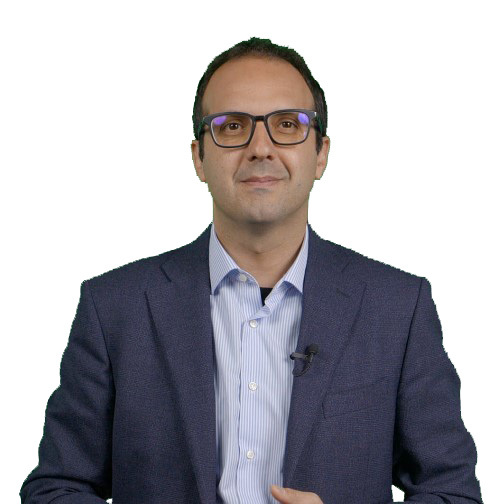
Davide Chiaroni
Teacher
Davide Chiaroni is Full Professor of Strategy & Marketing and Circular Economy Business Models at Politecnico di Milano. He is co-founder of Energy & Strategy, the research group of the School of Management of Politecnico di Milano investigating the challenges of energy transition and sustainability in Italy. He is among the most cited author in the field of Circular Economy, where he studies the implications for companies of the adoption of circular business models.
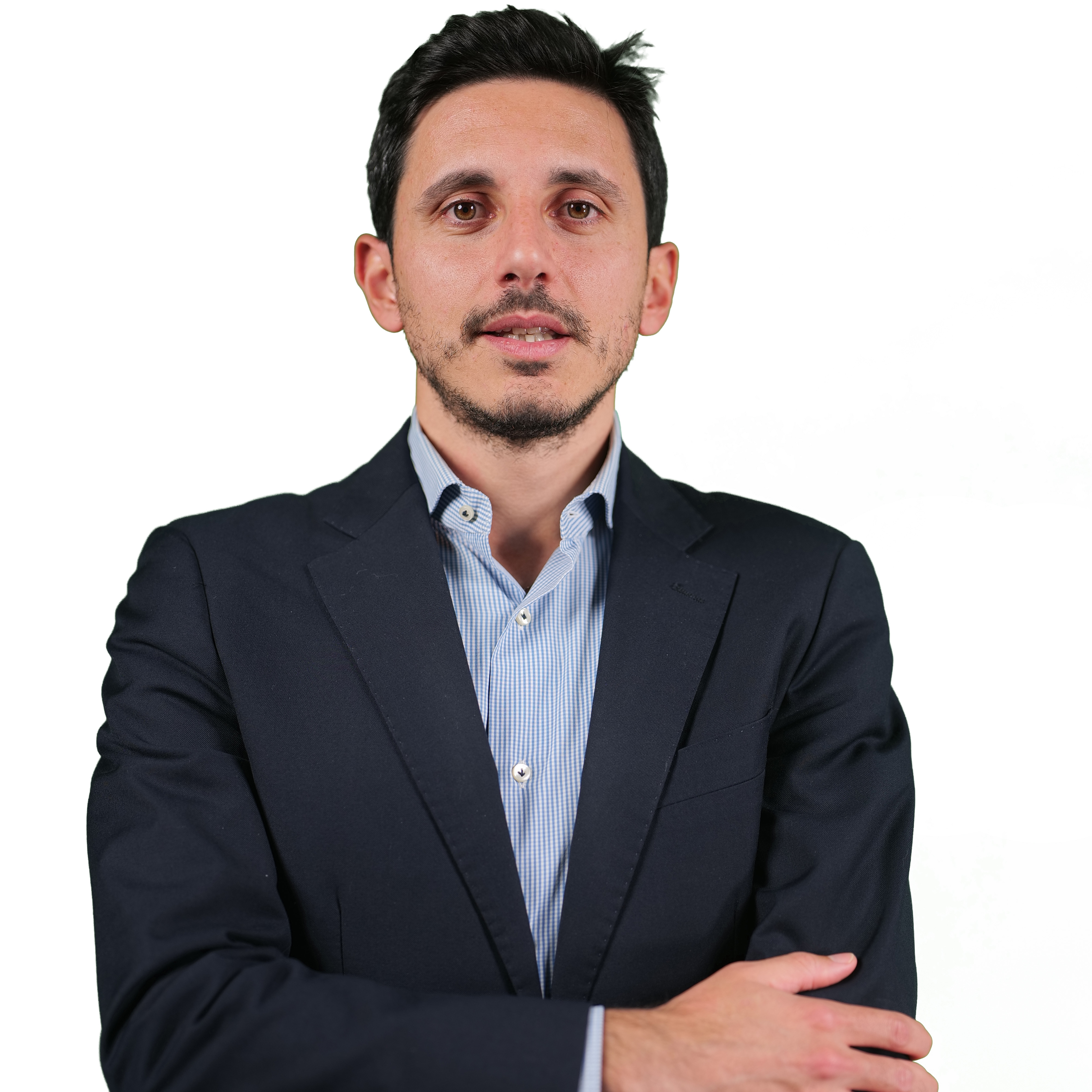
Simone Franzò
Teacher
Simone Franzò is a Senior Assistant Professor at the School of Management of Politecnico di Milano, where he is Member of the Core Faculty. His research interests are in the fields of sustainability management, with particular reference to energy transition and circular economy. He has more than 60 publications, such as papers, book chapters and conference proceedings. He serves as reviewer for many journals, such as Journal of Cleaner Production, Energy Efficiency, Sustainable Production and Consumption, Nature Communications.
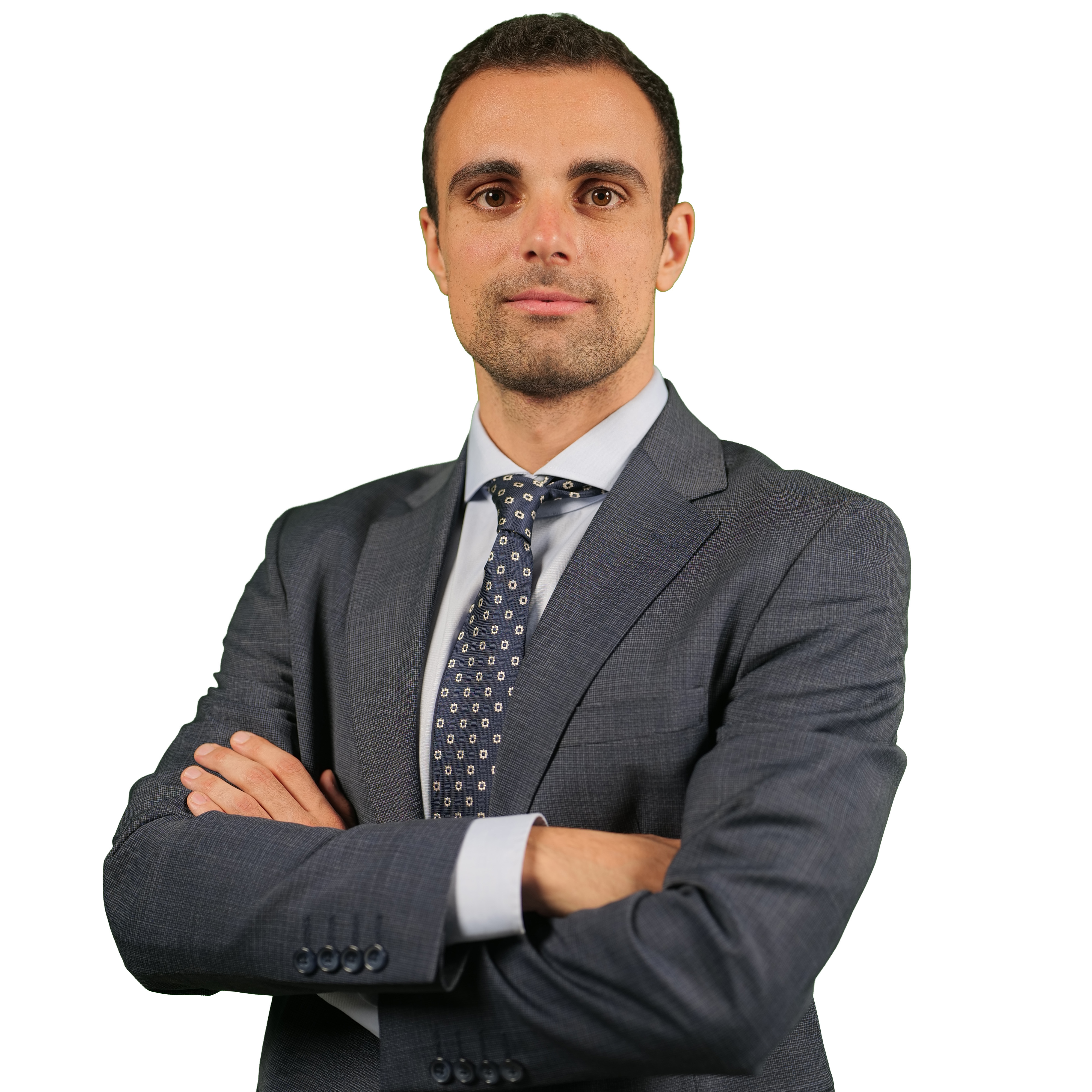
Alessio Nasca
Teacher
Alessio Nasca is a research fellow at Energy & Strategy. He is Project Leader for Smart Mobility and Circular Economy Report and is responsible for research projects in the fields of Smart and Sustainable Mobility and Circular Economy which are carried out and presented by Energy & Strategy.
He is a lecturer in Circular Economy Business Model and Circular Economy Lab at the Master of Science in Management Engineering at Politecnico di Milano.
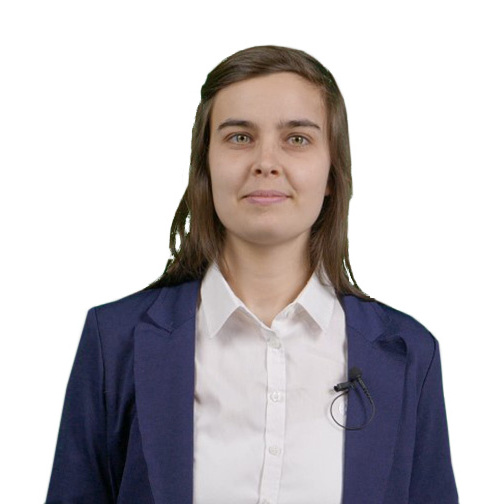
Lucrezia Sgambaro
Teacher
Lucrezia Sgambaro is a Ph.D. Candidate at Politecnico di Milano. Her PhD research activities focus is in the intersection between circular economy and digital technologies. She is a lecturer in Circular Economy Business Model at the Master of Science in Management Engineering at Politecnico di Milano.
She is a research fellow at Energy & Strategy. She works as a consultant and project manager on both consultancy projects and annual research reports. Both projects and reports focus on different topics related to sustainability, such as smart mobility, circular economy, decarbonization and energy efficiency.

Ilaria Giannoccaro
Teacher
Ilaria Giannoccaro is Full Professor of Management Engineering at the Polytechnic University of Bari, where she currently serves as Director of the Department of Mechanics, Mathematics and Management. She holds a Master’s degree in Mechanical Engineering (with honours) from the Polytechnic University of Bari and a Ph.D. in Management Engineering from the University of Rome “Tor Vergata.” Her research focuses on supply chain management, circular economy, and complex adaptive systems. She has coordinated and participated in several national and international research projects, including the PRIN 2022 and MICS – Circular and Sustainable Made in Italy as Spoke leader. Professor Giannoccaro has been Visiting Professor at leading institutions such as Arizona State University and the Santa Fe Institute. She serves on the editorial boards of several international journals and is actively involved in academic and professional networks on sustainability and innovation. Her academic work bridges engineering, management, and complexity science to support the transition toward sustainable and resilient production systems.
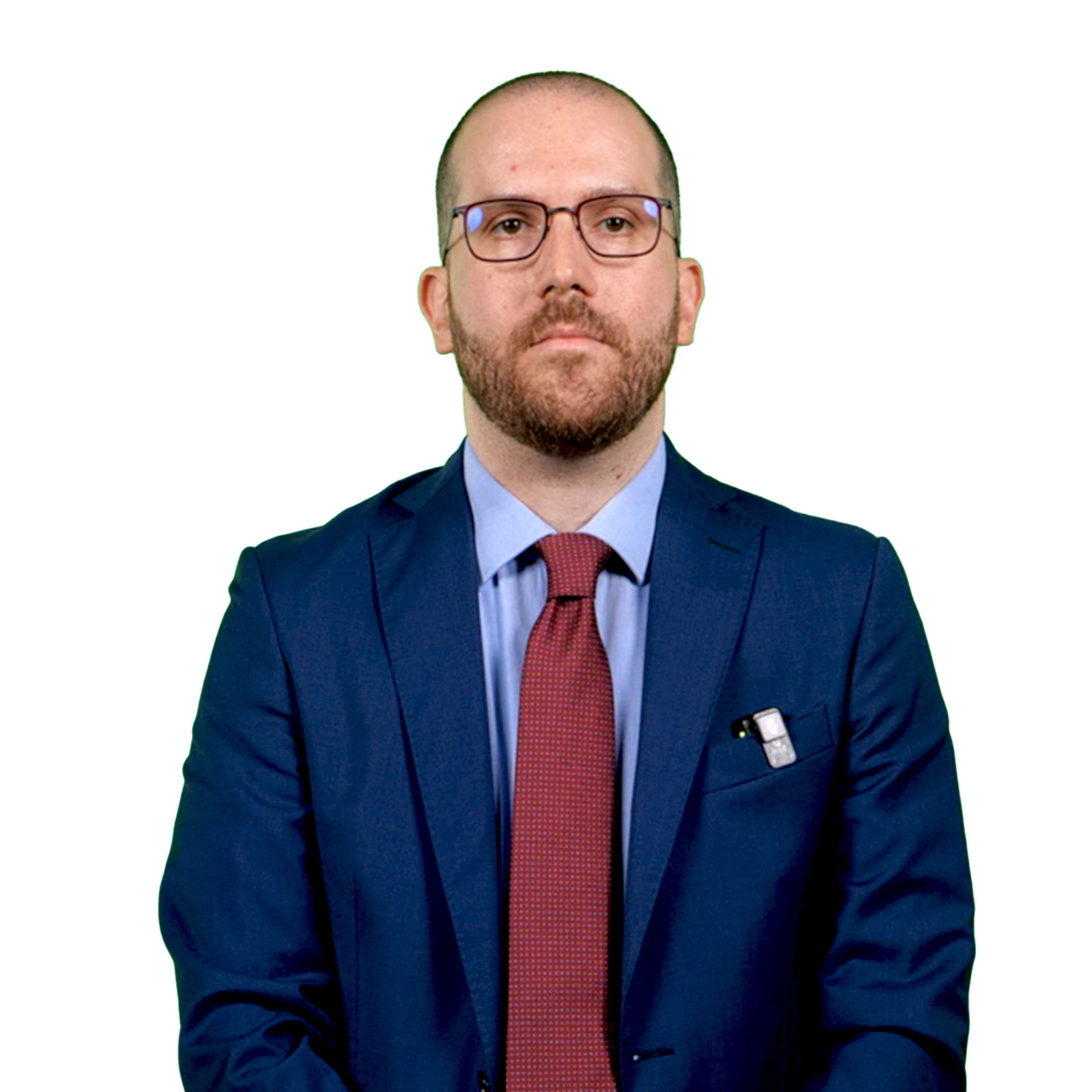
Luca Fraccascia
Teacher
Luca Fraccascia is an Associate Professor of Management Engineering at Sapienza University of Rome, where he teaches courses on "Circular Economy and Sustainability Management" and "Innovation Management." He also serves as an Adjunct Professor at the University of Twente. His primary research interests focus on strategies for the effective adoption of the circular economy, both from the perspective of companies – with particular emphasis on industrial symbiosis – and from that of consumers, with a specific focus on sustainable consumption behavior.
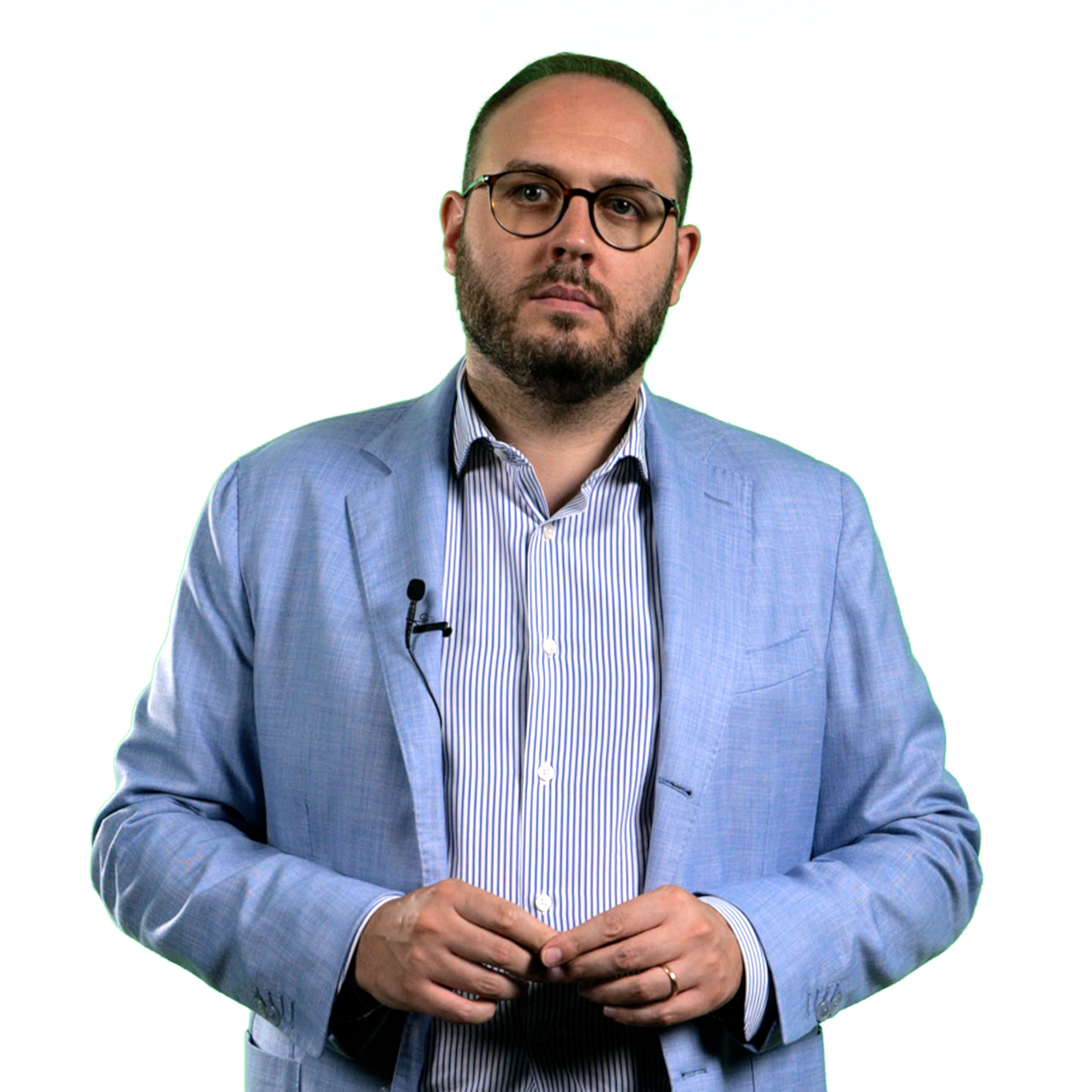
Andrea Urbinati
Teacher
Andrea Urbinati is Associate Professor of Sustainability & Circular Economy at LIUC Università Cattaneo, where he is also Co-Director of the Green Transition Hub, the LIUC’s center of expertise in the fields of sustainable and circular business transition. Author of numerous national and international publications, in 2023 he was included in the world’s top 2% of scientists in the list compiled annually by Stanford University.
Contact details
If you have any enquiries about the course or if you need technical assistance please contact pok@polimi.it. For further information, see FAQ page.